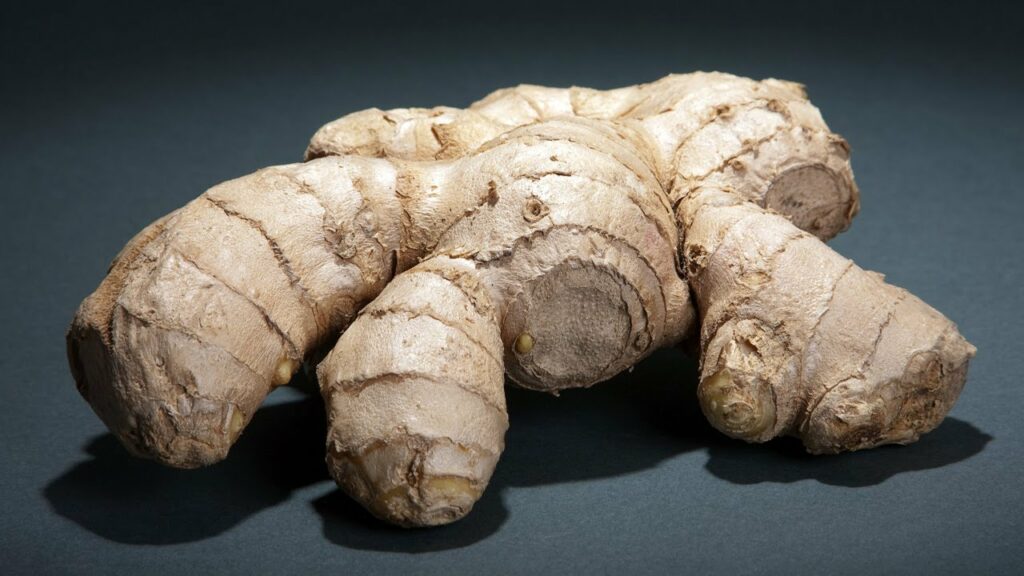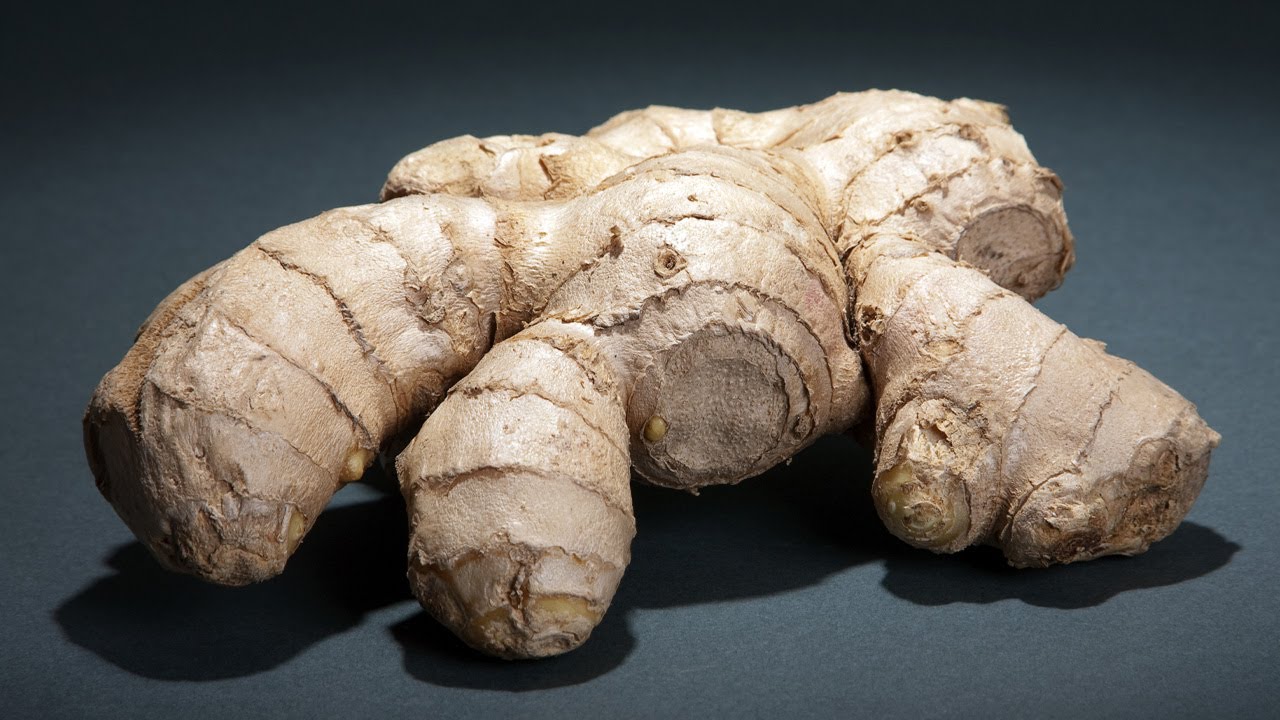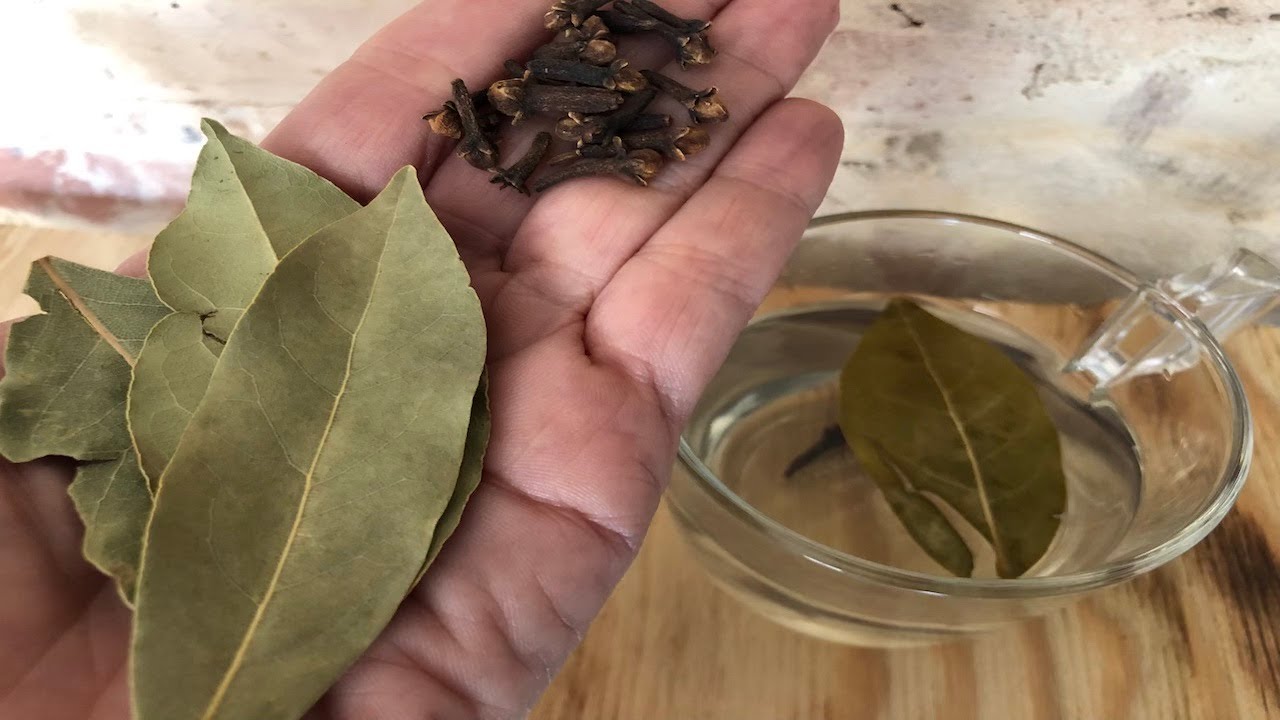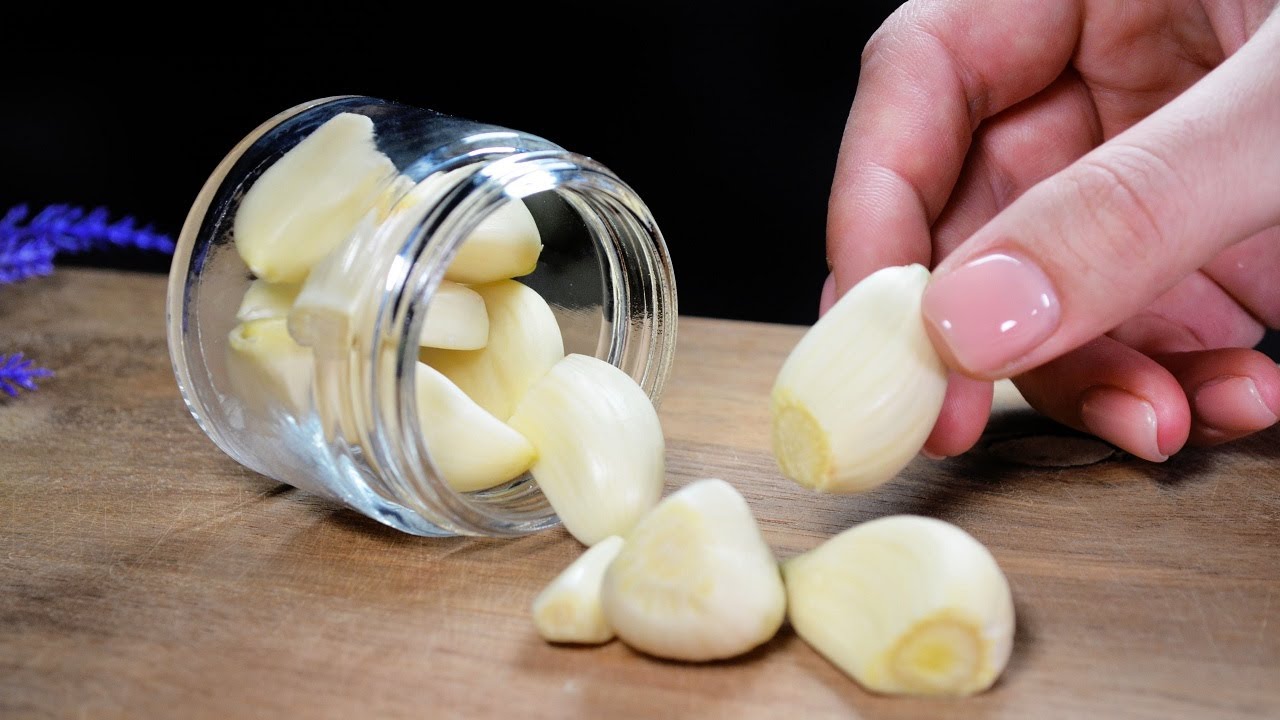
Ginger is a popular spice known for its numerous health benefits, from soothing upset stomachs to reducing inflammation. However, as beneficial as ginger can be, there are certain health conditions where consuming it might not be the best idea. Let’s take a closer look at when you might want to avoid ginger, even though it’s generally considered a healthy addition to your diet.
**1. Gallbladder Problems:
If you have gallstones or any other gallbladder issues, it’s best to steer clear of ginger. Ginger can stimulate bile production, which might aggravate gallbladder problems or cause discomfort if you have gallstones.
**2. Blood Disorders:
People with bleeding disorders such as hemophilia should be cautious with ginger. Ginger has blood-thinning properties, which can increase the risk of bleeding and bruising. If you’re already taking blood thinners, ginger could amplify these effects, leading to potential complications.
**3. Pregnancy:
While ginger can be helpful for morning sickness, excessive consumption during pregnancy might not be advisable. Ginger can affect hormonal balances and, in large amounts, might lead to increased risk of bleeding. Pregnant women should consult their healthcare provider before adding significant amounts of ginger to their diet.
**4. Diabetes:
Ginger can lower blood sugar levels, which can be beneficial for some. However, for those on medication for diabetes, ginger might interfere with blood sugar management. It’s important to monitor blood sugar levels closely and consult with a healthcare professional if you’re considering adding ginger to your diet.
**5. Heart Conditions:
Ginger’s ability to lower blood pressure is a double-edged sword. While it can be beneficial for those with high blood pressure, individuals with heart conditions or those on blood pressure medication should be cautious. Ginger can interact with medications, leading to overly low blood pressure or irregular heart rhythms.
**6. Upcoming Surgery:
If you have a surgical procedure planned, it’s wise to avoid ginger in the weeks leading up to the operation. Due to its blood-thinning properties, ginger can increase the risk of bleeding during and after surgery. Inform your doctor about your ginger consumption and follow their guidance.
In Conclusion:
While ginger is a wonderful and healthy spice for many, it’s not suitable for everyone. If you have any of the health issues mentioned above, it’s best to consult with your healthcare provider before incorporating ginger into your diet. Your health and well-being come first, and making informed choices is key to maintaining a balanced and safe diet. Enjoy your meals with peace of mind, knowing what works best for your unique health needs.





